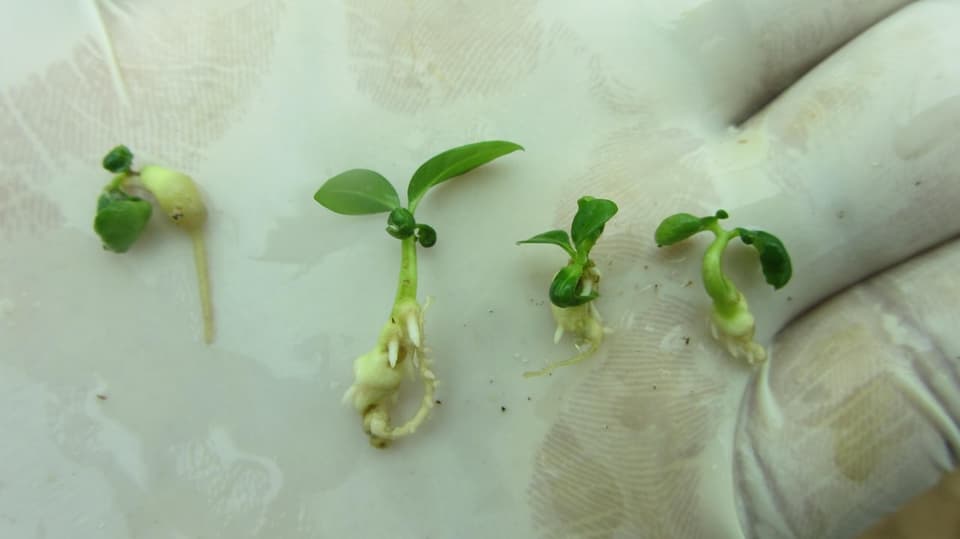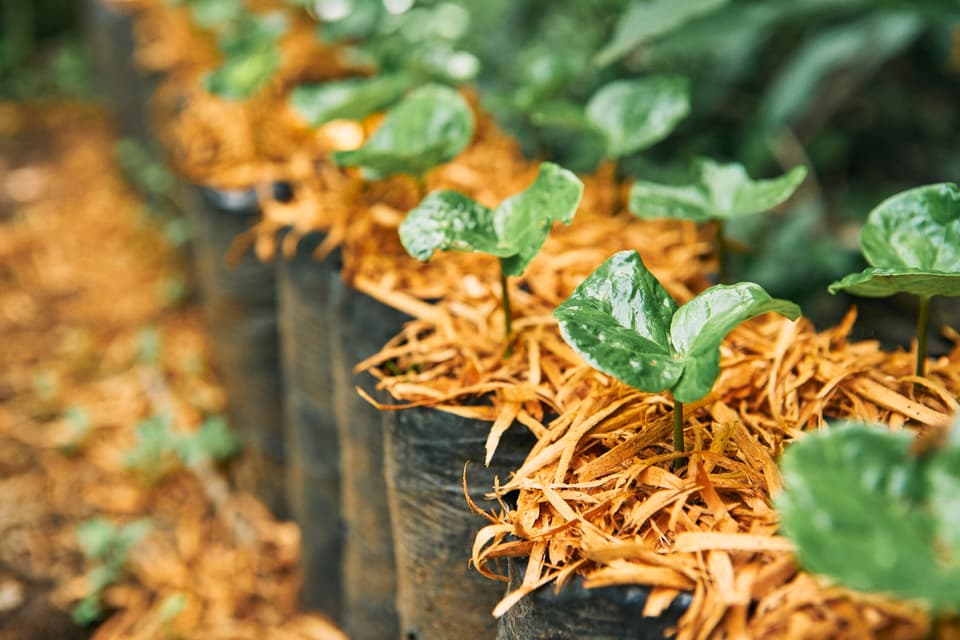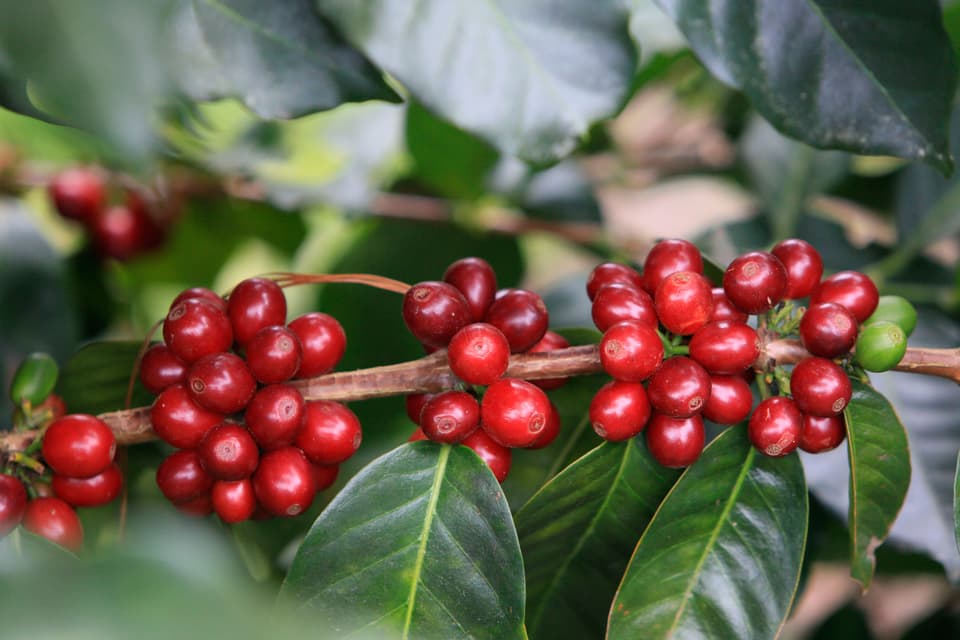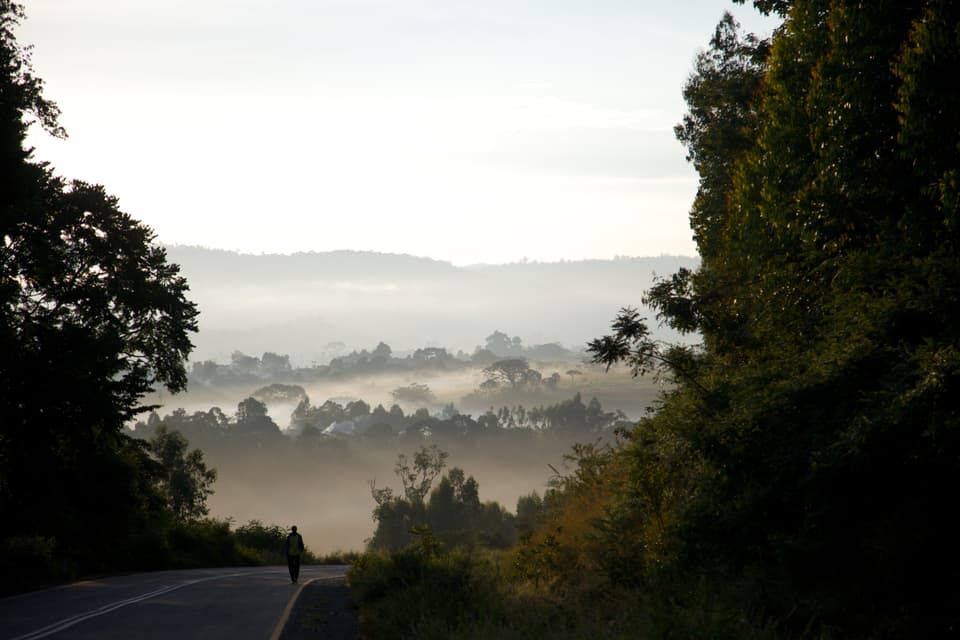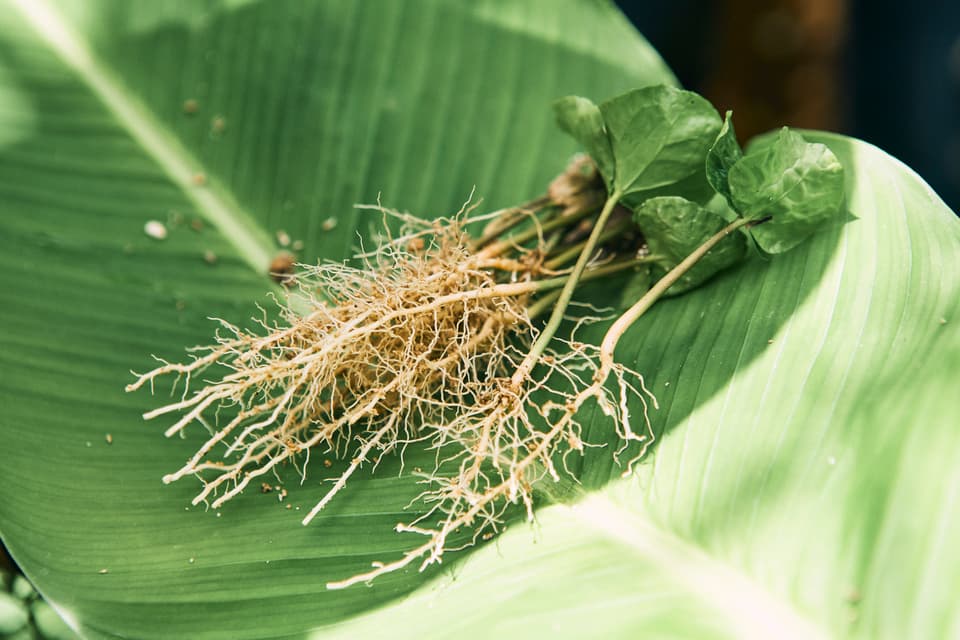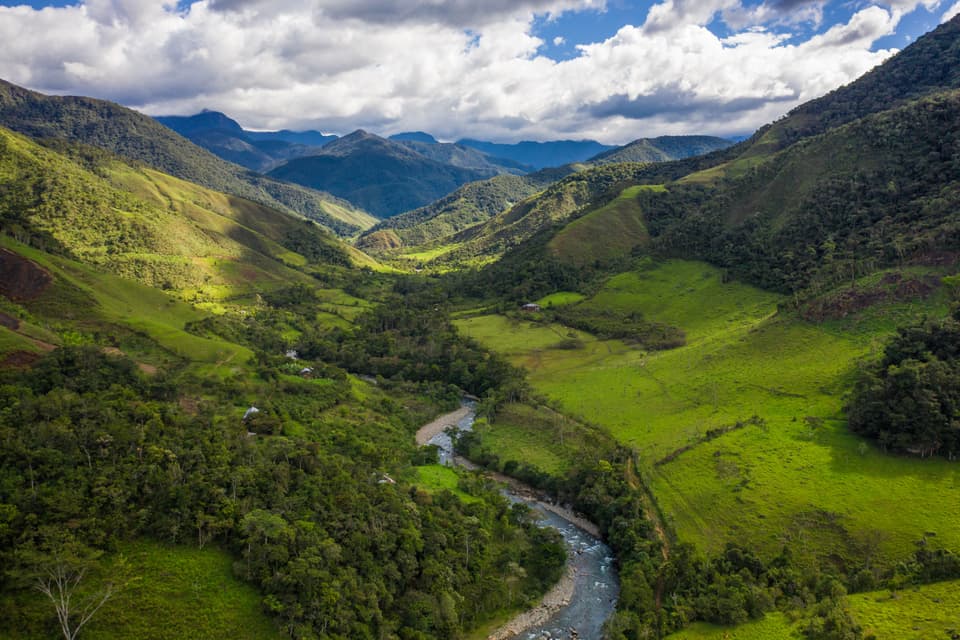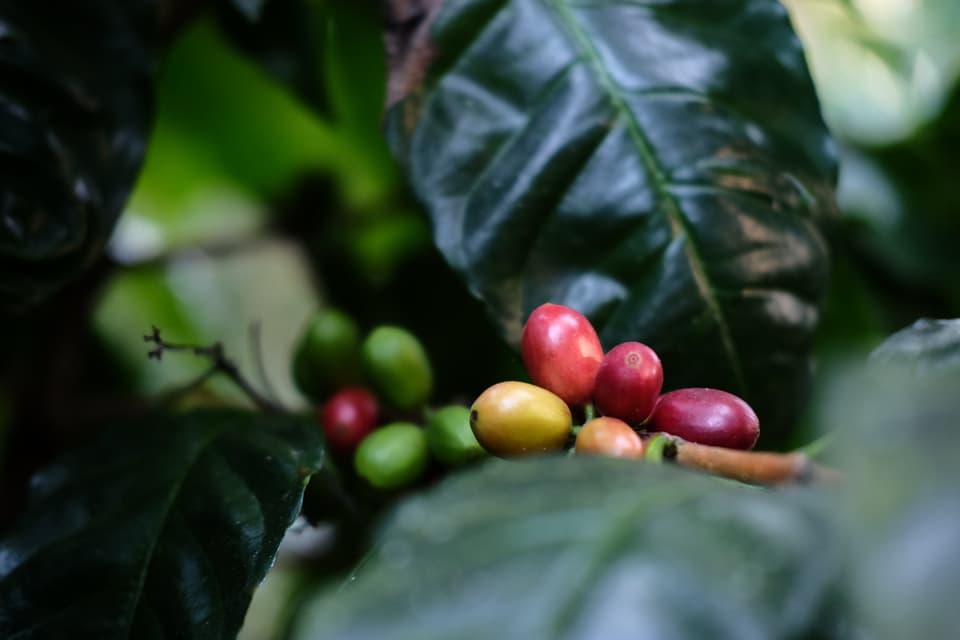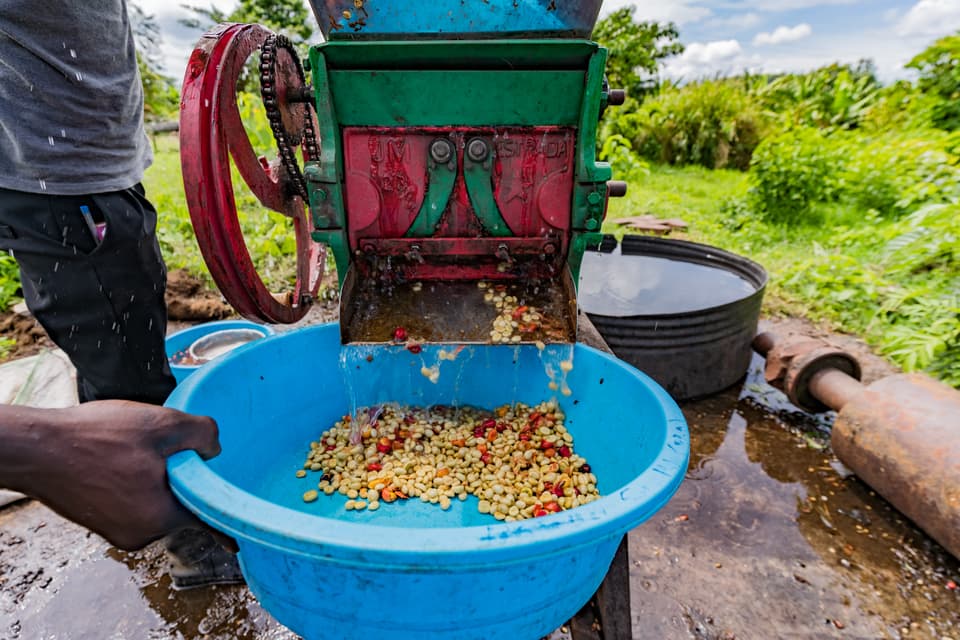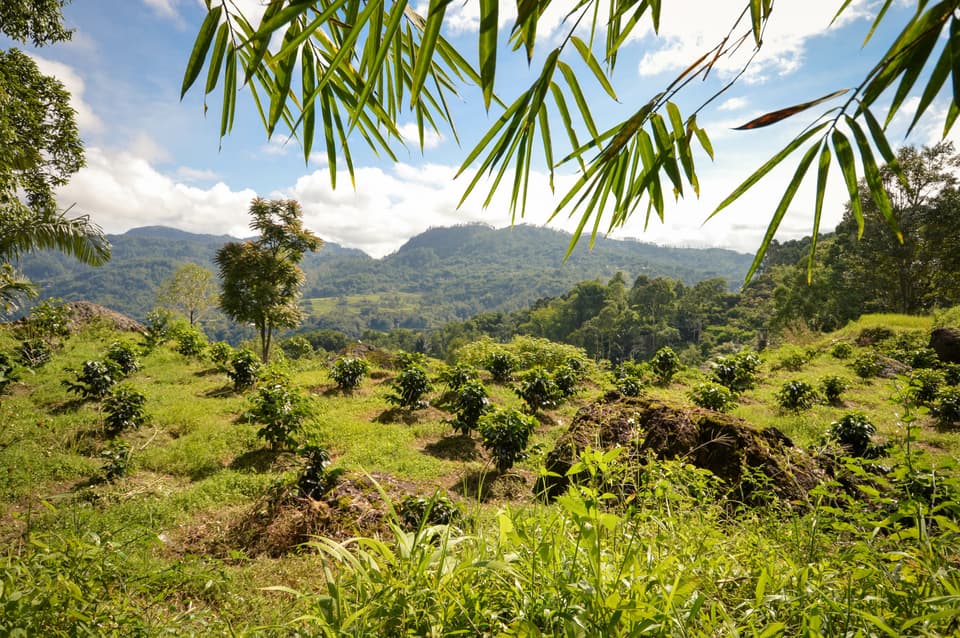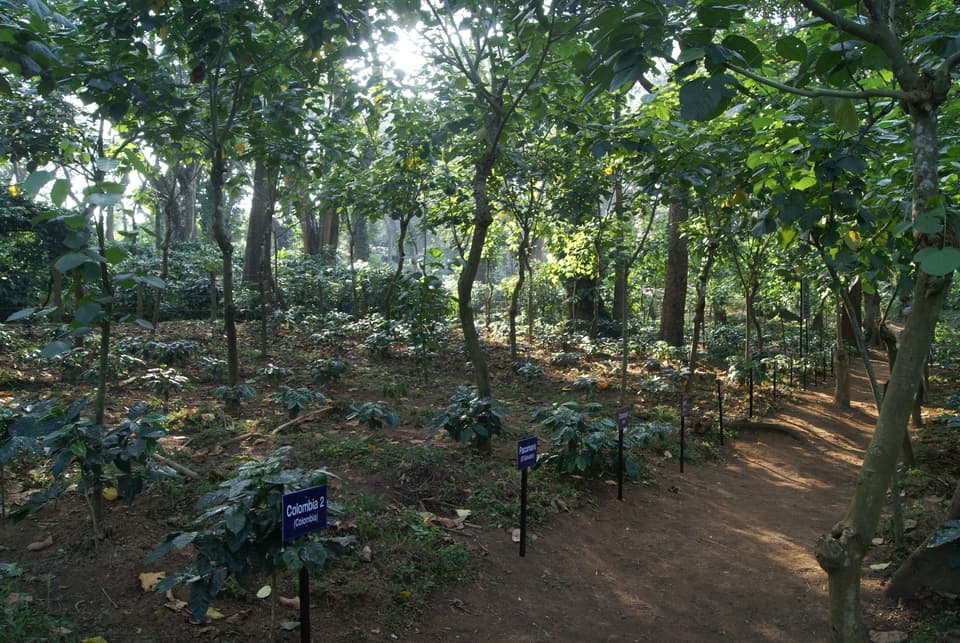Guatemalan coffee is recognized worldwide for its quality. Guatemala was the first coffee producing country in the world to establish a denomination of origin system to characterize its eight producing regions. Coffee has been grown for export in Guatemala since the 1850s and today remains the second-most important agricultural export after sugar, injecting hundreds of millions of dollards annually into Guatemala’s economy. The coffee sector employs more than 125,000 Guatemalan families. In 2018, coffee production was named “An Intangible Heritage of the Guatemalan nation”.
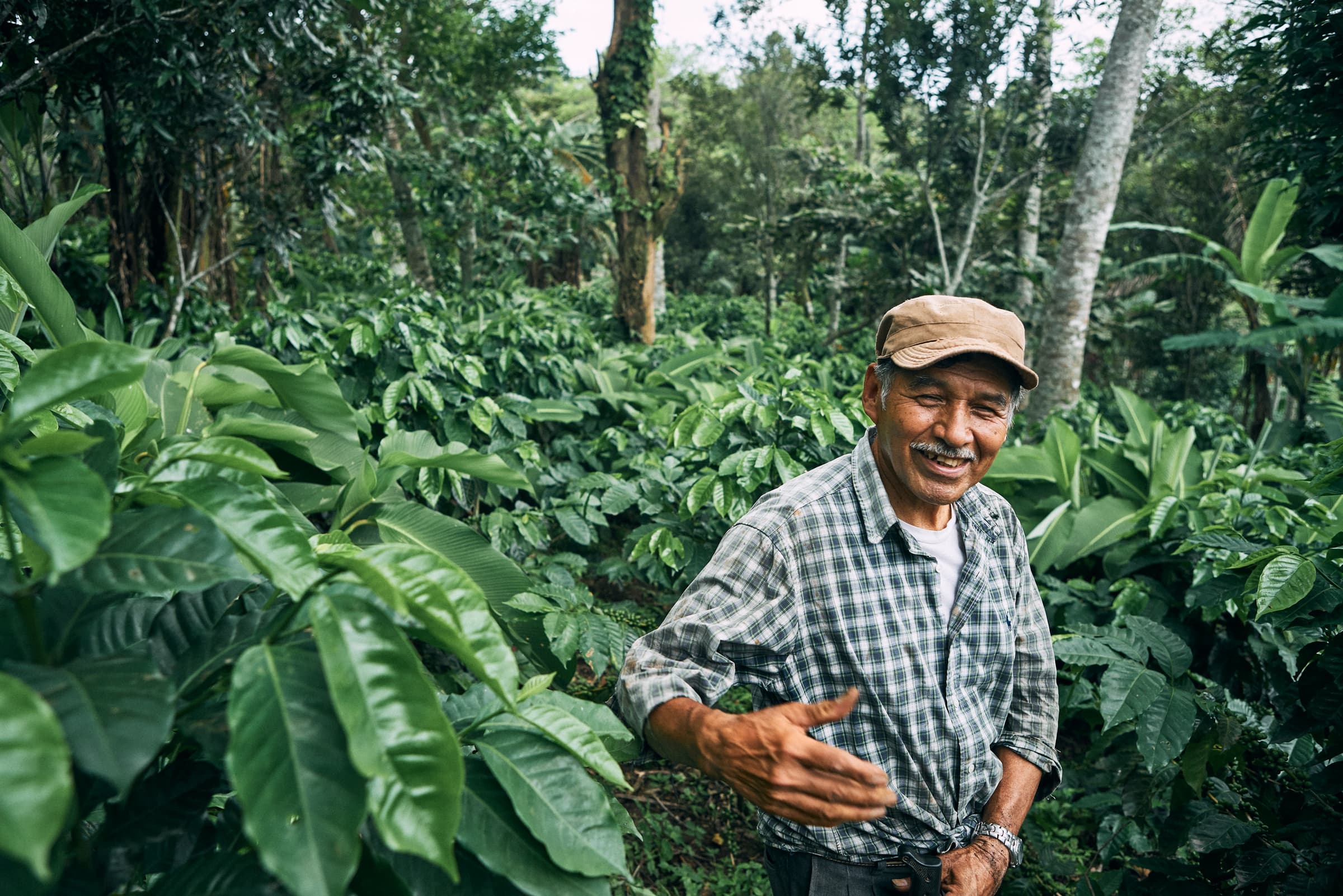
Guatemala
WCR has collaborated actively in Guatemala since our earliest days. As part of the USDA-funded MOCCA program, WCR continues leading actions to improve coffee breeding and agronomic research in collaboration with Anacafe and PROMECAFE. WCR is also engaged in evaluating and improving seed lots and large nurseries and development of training materials for small nurseries. Guatemala also hosts a WCR International Multilocation Variety trial site.
Country Progress
Country Statistics
Coffee agricultural R&D is critical for delivering the productivity and quality improvements that lead to economic transformation at scale.
International Coffee Organization (ICO). 2021. Exports of all forms of coffee by exporting countries to all destinations. Accessed from https://ico.org/trade_statistics.asp?section=Statistics
TBD
Enveritas, 2018. “How many coffee farmers are there? Global coffee farm study”
Food and Agriculture Organization of the United Nations (FAO). 2021. Crops and livestock products. Accessed from http://www.fao.org/faostat/en/#data/QC
Agricultural Science and Technology Indicators (ASTI). 2021. ASTI database. International Food Policy Research Institute (IFPRI). Accessed from: https://www.asti.cgiar.org/data
Calculated using ICO production data and FAO area harvested data
Our Partners
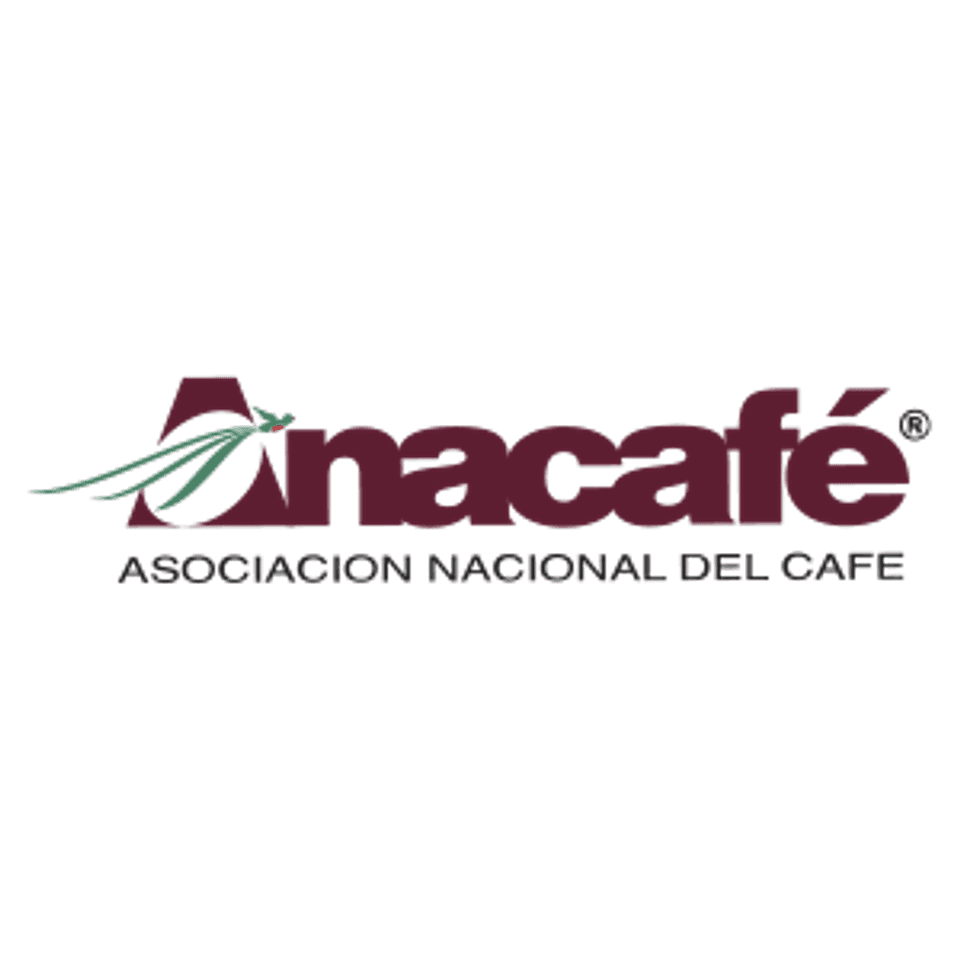
La Asociación Nacional del Café (Anacafé)
Anacafé is a non-profit organization founded in 1960 to improve the competitiveness of Guatemalan coffee. Today, it is responsible for conducting research, providing extension services and technical support to 125,000 families that depend on coffee, and marketing the Guatemalan Coffees brand.
